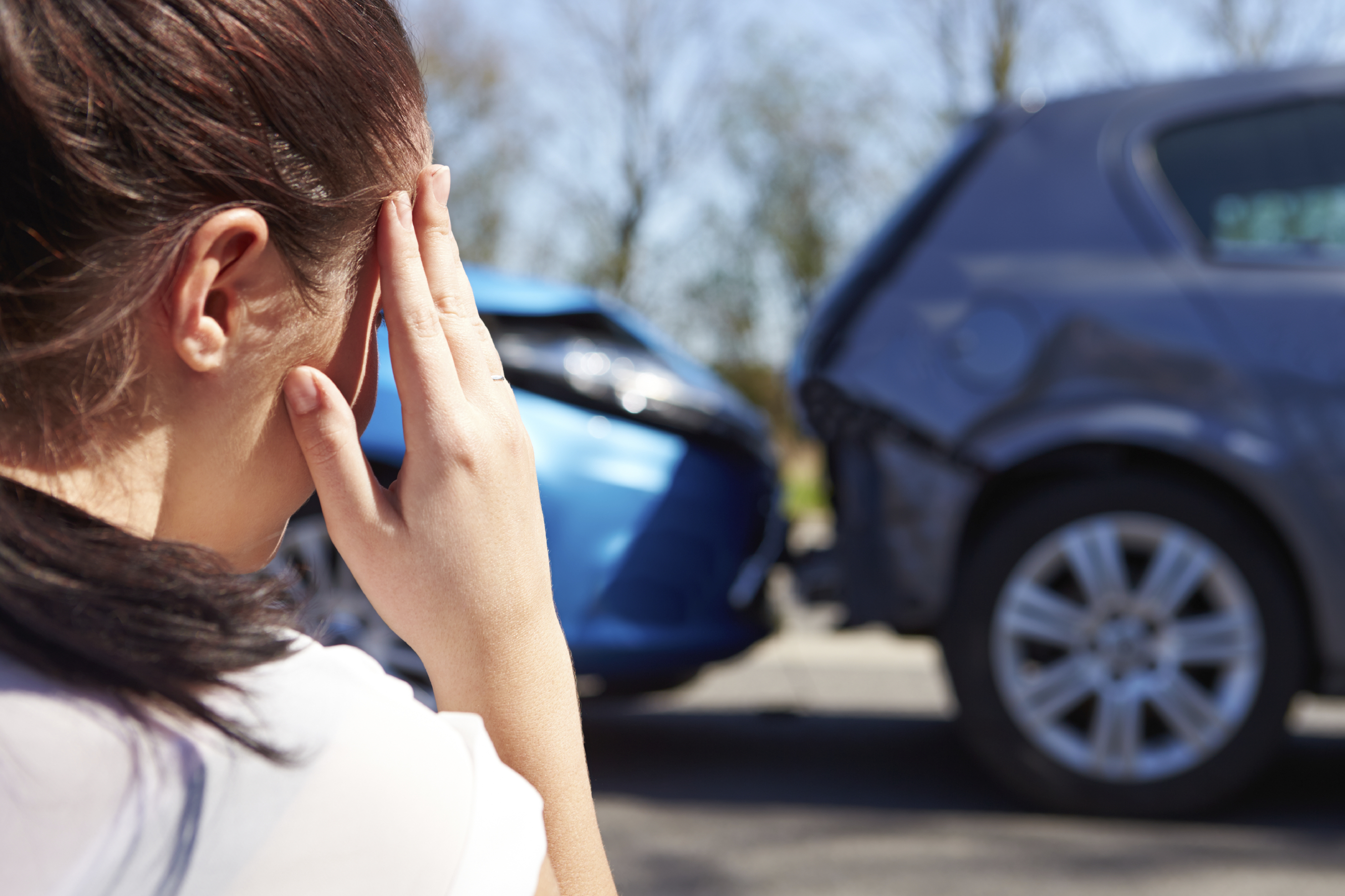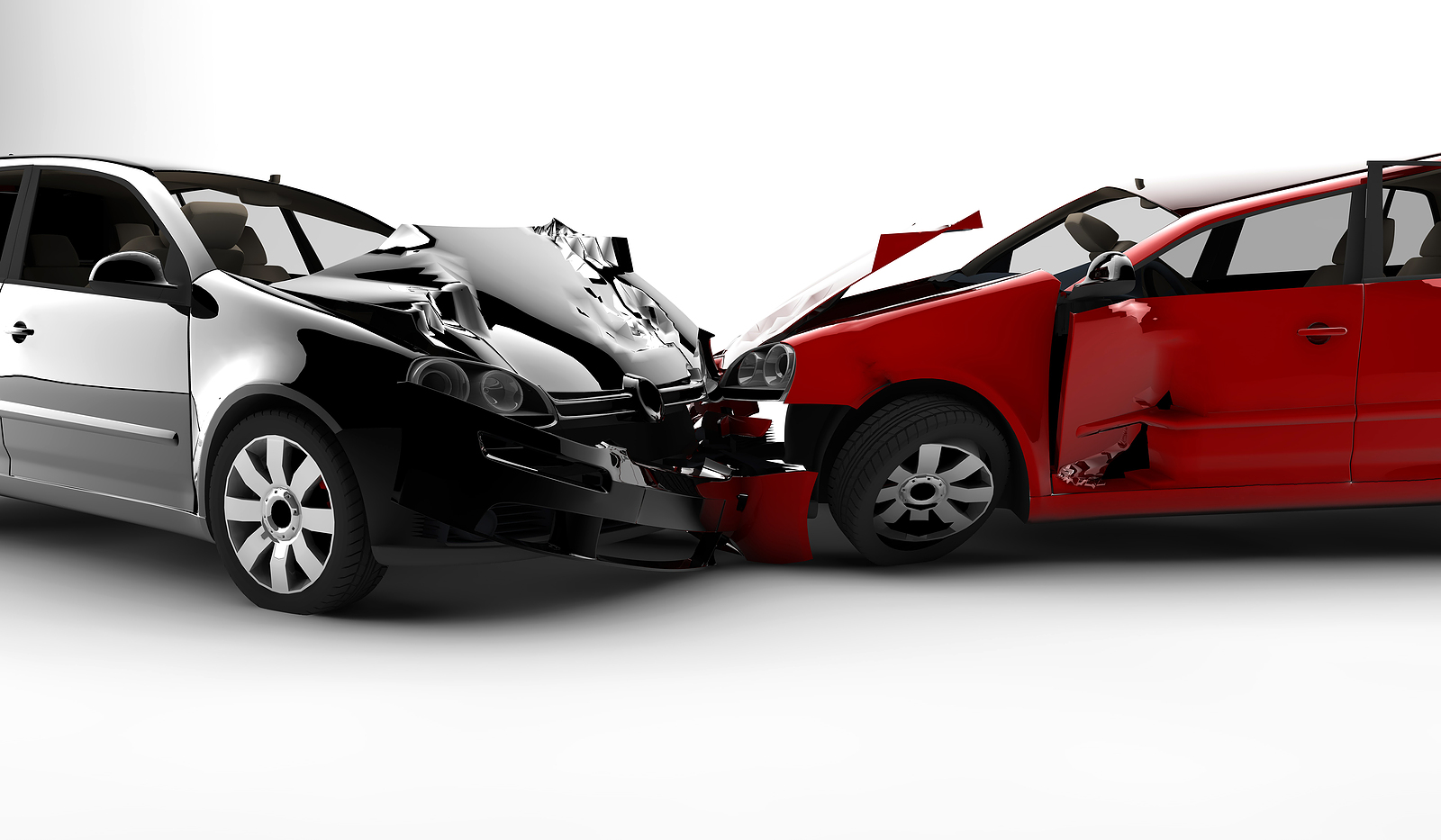Finding the right insurance for you can be a long and complicated process. As the paper pusher at a large auto repair shop, I have been on both ends while talking with insurance companies and clients. Often what you think you have in your coverage, you don’t. It is important to know your policy. Below is a compiled list of specific questions that should be asked when signing with your insurance company (or broker). Instead of asking, what does my policy cover, ask these questions instead:
Rental Coverage
Am I covered for at-fault accidents?
At-fault accidents could mean single vehicle accidents (you hit black ice and ran off the road), deer hits, or you hitting someone else. As well, even if you are hit but you have no proof (trust me, it happened to me) since you didn’t grab the licence plate as you are spinning uncontrollably on a major highway, they could deem it as a one-vehicle (read: at-fault) accident. Not all insurance companies cover you if you are at-fault. Make sure you ask if you are, and how much it is to include it on your policy.
Who is covered for rental insurance under my policy?
Most insurance companies will cover a rental for anyone under your policy. So, if you have a policy with Insurance Company A, your partner or child with Insurance Company B, and your partner gets into an accident, often you cannot drive or pick up the rental under their name as you are not on their policy.My child is under the age of 21 years old. Most rental companies will not rent to youth.
If s/he gets in an accident, will my child get a vehicle?
This is one I saw over and over. People have been paying for their son/daughter’s rental coverage for 5 years and their child was not entitled to a rental vehicle due to their age. This is only really an issue if the child has their own vehicle and/or different insurance company. If you all share a vehicle, you will want to all be under the same policy to ensure that you can pick up the rental vehicle on their behalf (though they still won’t be able to drive it). Why pay something for years if you cannot use it?
Deductible Coverage
What are my two deductible rates?
You can often set two different deductible rates with your insurance company. There are two different coverage points – comprehensive and collision. Collision is a two car collision, whether you cause the accident or not, or one car collision (such as hitting a guard rail). Comprehensive covers the rest – animal hits, trees falling down in storms, theft, and vandalism. The higher your deductible, the lower your monthly premium. However, if you ever need to use your insurance policy, you will be responsible for the deductible depending on the situation. If you have a $1000 deductible in place, you will often be responsible for paying the repairs up to $1000. If the repairs are less than $1000, then you will be paying the whole thing.
When do I owe a deductible?
I covered a bit in the paragraph above, but this is a good question to ask your insurance company. Some companies have an one accident freebie policy – you can choose to not pay your deductible for one accident. As well, if an uninsured driver hits you, you often will have to pay the deductible anyway since the other driver was not insured (I know, not fair). Deductibles will have to be paid upon completion of your vehicle repairs, or you won’t be getting your vehicle back from the repair shop. Most repair shops DO NOT have a payment plan, so keep that in mind when deciding your deductible coverage.
Repair Procedures (Parts)
What is the parts replacement policy?
So, you just crashed your 2009 Honda Civic. This is great, right? You are going to get all new Honda parts! WRONG. Each insurance company has its own rules and guidelines based on the year of your vehicle. It does not matter if your vehicle still has all its original innards. Insurance companies will charge an extra premium if you want all new parts on your vehicle. Otherwise, they put forth guidelines that the repair shops have to follow based on the part types below:
New or OEM (original equipment manufacturer) parts: These are parts directly from the dealership.
Aftermarket parts: These are parts that are manufactured new, but are not from the dealership or made by the dealership. (For example – buying wiper blades at Walmart instead of Honda).
Used or LKQ (like, kind, quality): Used parts are dealership parts salvaged from wrecked cars. Insurance company regulations often state that the part has to be the same age of the vehicle or newer, and same quality as the original piece on your vehicle. Good auto repair shops order the best quality as it saves them time and money trying to fix used parts.